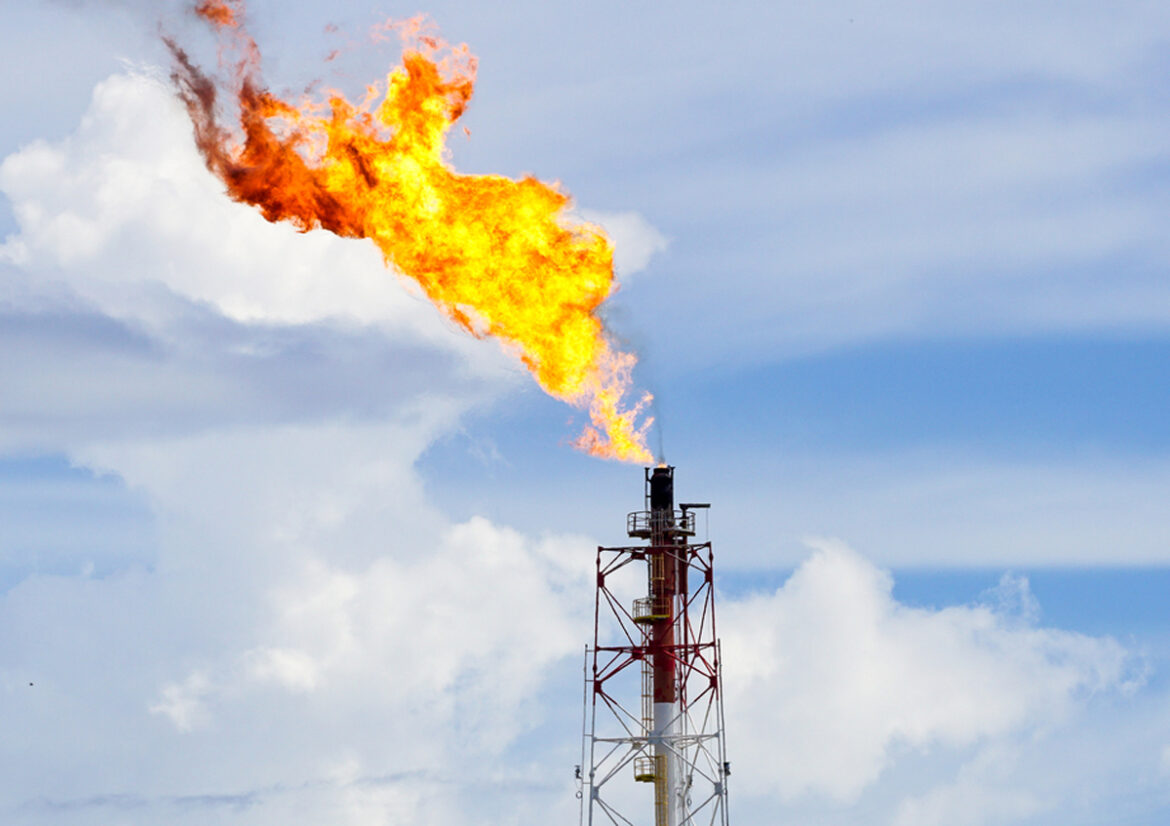The gas export sector in Nigeria is encountering major difficulties due to a decrease in production levels and the departure of various international firms. Recent findings reveal a 25% drop in gas exports, representing a significant setback for the country’s economy and its aspirations to become a prominent player in the global energy market.
The decrease is linked to various reasons, such as operational inefficiencies, security issues, and regulatory obstacles. Experts in the field emphasize that the outdated infrastructure and lack of investment in modern technologies have impeded the industry’s capacity to achieve its production goals.
Timipre Sylva, Nigeria’s Minister of State for Petroleum Resources, expressed deep concern about the decrease in gas exports. Efforts are being made to tackle the root causes by improving security in the Niger Delta and establishing a more attractive regulatory framework for investment.
The exit of several multinational energy companies from Nigeria has exacerbated the situation. These companies cite security risks, inconsistent regulatory policies, and economic instability as primary reasons for their departure. Their exit has not only reduced production capacity but also led to a loss of expertise and capital that are crucial for the industry’s growth.
“Security threats and vandalism of pipelines have made it increasingly difficult to operate efficiently,” said an industry insider who wished to remain anonymous. “Coupled with regulatory uncertainties, it has become less viable for many companies to continue their operations in Nigeria.”
The impact of reduced gas exports extends beyond the energy sector, affecting the broader economy. Natural gas is a critical source of foreign exchange earnings for Nigeria, and the decline has contributed to a widening trade deficit and increased pressure on the country’s foreign reserves.
Economic analysts warn that unless the government takes swift and decisive action, the downturn could have long-lasting effects on Nigeria’s economic stability. “The government needs to implement robust policies to attract and retain foreign investment in the gas sector,” said Dr. Ngozi Okonjo-Iweala, a former Nigerian finance minister and current Director-General of the World Trade Organization. “This includes improving the security situation, streamlining regulatory processes, and offering incentives for technological advancements.”
In response to the crisis, the Nigerian National Petroleum Corporation (NNPC) has announced plans to increase investment in domestic gas infrastructure and explore new markets. The NNPC aims to boost local gas consumption through initiatives like the National Gas Expansion Programme, which seeks to promote the use of gas in transportation and power generation.
“We are committed to transforming Nigeria into a gas-based economy,” said Mele Kyari, Group Managing Director of the NNPC. “By investing in infrastructure and encouraging domestic utilization, we can create a more resilient and sustainable gas industry.”
Despite these efforts, the path to recovery remains uncertain. The global energy market is highly competitive, and Nigeria must address its internal challenges swiftly to regain its footing. The decline in gas exports serves as a stark reminder of the need for comprehensive reforms and strategic investments to ensure the long-term viability of the sector.
As Nigeria navigates this critical juncture, stakeholders across the industry are calling for collaborative efforts to stabilize and revitalize the gas export market. The government’s ability to effectively implement reforms and foster a secure, investment-friendly environment will be pivotal in reversing the current decline and setting the stage for future growth.
